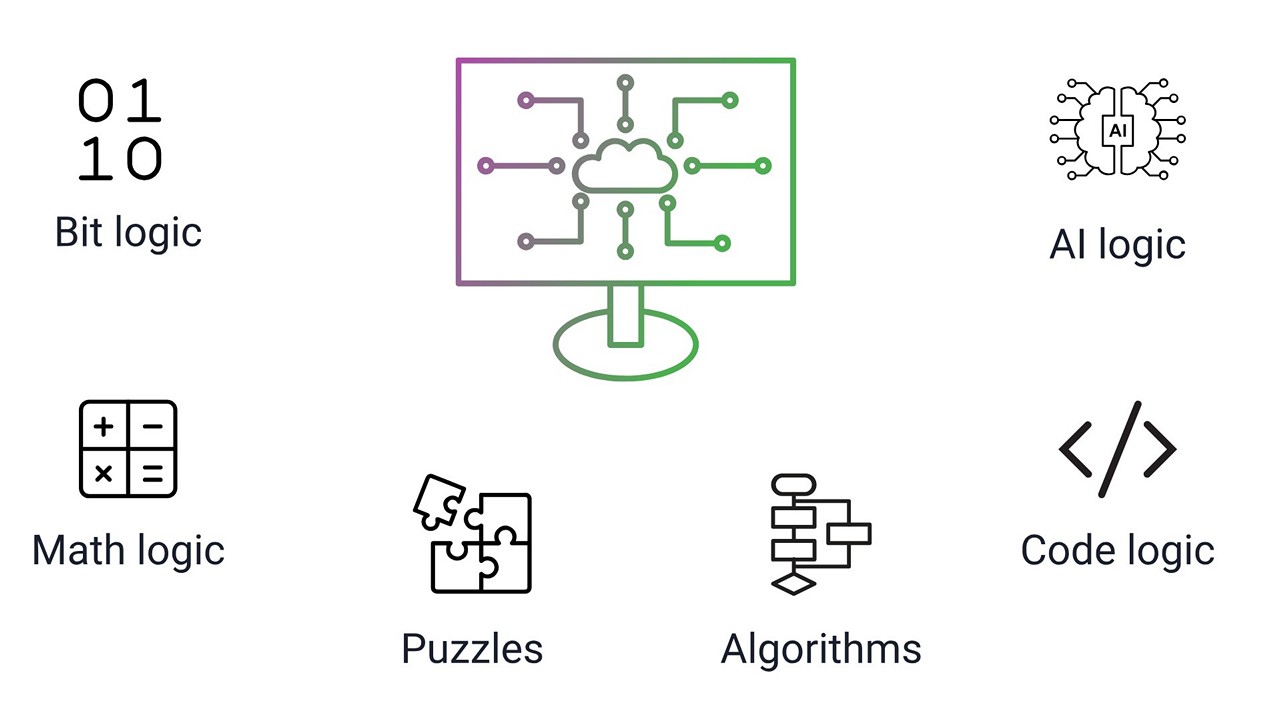Web development has evolved significantly over the years, transitioning from simple HTML pages to complex, interactive web applications. One question that often arises among aspiring developers is whether mathematics is a prerequisite for entering the field. This article explores the relationship between web development and mathematics, examining the extent to which mathematical knowledge is essential in the world of coding.
Fundamental Concepts
At its core, web development involves creating and maintaining websites or web applications. While mathematical prowess is not an absolute requirement, a fundamental understanding of certain mathematical concepts can prove beneficial. Basic arithmetic, algebra, and geometry are often used when designing layouts, calculating dimensions, or positioning elements on a webpage. For instance, responsive web design relies on proportional scaling, an application of mathematical principles to ensure a consistent user experience across various devices. If you’re aspiring to become a proficient web developer in Hawthorn, having a solid grasp of mathematical fundamentals can be advantageous. Consider seeking guidance from a maths tutor in Hawthorn to enhance your skills and seamlessly apply mathematical principles in your web development endeavors.
Algorithms and Logic

Web development is inherently algorithmic, requiring developers to create logical sequences of instructions that enable the desired functionality. Although not exclusively mathematical, algorithmic thinking shares similarities with mathematical reasoning. Problem-solving, a skill cultivated through mathematical exercises, is crucial when designing algorithms to efficiently process data, handle user inputs, or execute specific tasks. Additionally, understanding algorithmic complexity can aid developers in optimizing their code for better performance.
Data Manipulation
As web applications become more sophisticated, handling and manipulating data become integral parts of development. Here, statistical concepts from mathematics can play a role. For example, in data analytics or when working with charts and graphs, a foundational understanding of statistics becomes valuable. Developers may need to analyze trends, interpret data sets, or implement algorithms that leverage statistical methods. While not every web developer needs to be a statistician, having a grasp of statistical concepts can enhance one’s ability to work with data-driven applications.
Advanced Web Development and Mathematics
While basic mathematical knowledge is beneficial, it’s important to note that as web development advances, so does the potential intersection with more advanced mathematical concepts. In fields like machine learning, data science, or graphics programming, a deeper understanding of mathematical principles becomes increasingly relevant. However, these areas represent specialized niches within web development, and many web developers can excel without delving into these advanced mathematical realms.
In conclusion, web development does not inherently require an extensive background in mathematics. Basic mathematical skills, including arithmetic, algebra, and logic, can provide a solid foundation for understanding and implementing fundamental web development concepts. Aspiring developers should focus on honing problem-solving skills and cultivating a logical mindset, which are crucial aspects of both mathematics and coding. While certain niches within web development may demand more in-depth knowledge of mathematics, the majority of web developers can thrive by striking a balance between foundational mathematical understanding and practical coding skills. Ultimately, the synergy between mathematics and web development lies in enhancing problem-solving capabilities and fostering a logical approach to building effective and efficient web solutions.
